Below are some RV terms, information and items new RVers need to be familiar with:
1. The term full hook-up means you have electric, water and sewer connections at the campsite where you are staying, and in some cases cable TV. A partial hook-up means you have some but not all of these utility connections, usually electricity and water but not a sewer connection.
2. It’s a good idea to take a 10-foot and 20-foot RV drinking water hose with you so you can always reach the campground water supply. Note* There are white drinking water hoses, blue drinking water hoses, and blue and white striped drinking water hoses. Verify that the label says drinking water hose.
3. Keep a 10-foot hose and a 20-foot RV sewer hose available so you can always reach the campground sewer connection. Do not pull or drag the sewer hose on the ground, this can cause it to tear or get pin holes in it.
4. Take a first aid kit in case of an accident or an emergency.
5. LP gas can be measured in weight or in gallons. You may have heard somebody say that the gas cylinders on their travel trailer are 30 lb. cylinders, or that their LP gas cylinders hold 7 gallons apiece. One gallon of LP gas weighs 4.26 pounds.
6. Before you light any water heater, you need to make sure the water tank is full of water. Make sure the water heater is not in the by-pass mode. To see if the tank is full, turn a hot water faucet on inside the RV and see if you get a steady flow of water. If it is spitting air, the tank is not completely full. Allow the water heater tank to fill completely and if using propane instead of electric to heat the water, make sure the LP gas supply is turned on.
7. When you change an LP gas cylinder there is a possibility you will get air in the gas lines. A good habit to get into is to light the range burners first, after refilling and hooking the cylinders back up. This helps evacuate any air in the system and makes it easier to light the other LP gas appliances.
8. Water from the RV fresh water holding tank is supplied throughout the RV by a 12-volt DC demand type water pump. The pump requires a 12-volt deep cycle battery, if you don’t have access to an external electrical source. You simply turn the switch on, usually located by the monitor panel, and the pump pressurizes the system and you have water.
9. If you look at the RV’s power distribution panel you will see circuit breakers like you have in your house for the 120-volt AC side, and automotive style fuses for the 12-volt DC side. If you trip a breaker turn the appliance off and check the power distribution box. If a 12-volt device is not working check the 12-volt fuses. The breakers and fuses are labeled.
Try to determine why the breaker tripped and correct the problem. Turn the appliance off, reset the breaker and turn the appliance back on. If an overhead light quits working, check the bulb first, if the bulb is good check the fuse. You should keep some spare fuses and bulbs in a drawer.
10. Below is an amp chart with some typical amperage draws for appliances and accessories commonly found in RVs. This is just a basic guide to assist you in how many amps you are using at any given time, so you don’t exceed the RV’s electrical system rating.
Note: If you need to know exact amperage ratings you can check the data plate on any motors, appliances or electronic equipment you are using. If you can’t locate a data plate with this information check the appliance or electronic equipment owner’s manual. This information might provide wattage requirements rather than amps. Here are a couple of simple formulas to help you convert some common electrical terms.
Wattage % Volts = Amps
Amps X Volts = Wattage
For example, 30-amps X 120-volts = 3600 watts. This is the total amount of power you can use before you overload a 30-amp electrical system. Note: Keep in mind many RV appliances require more amps to start the appliance than they do to run the appliance. A roof air conditioner can draw 16 amps to start, but may only use 12 or 13-amps once it is running.
This is just a handful of tips for a newbie RVer. It will help start your RV education journey.
Happy Camping,
Mark Polk
RV Education 101
http://rveducation101.com/
RV 101® Travel Trailer Ultimate Video & E-book Bundle
https://rvonlinetraining.com/p/travel-trailer-ultimate-e-book-and-video-bundle
RV 101® 5th Wheel Ultimate Video & E-book Bundle
https://rvonlinetraining.com/p/rv-101-5th-wheel-ultimate-video-e-book-bundle
RV 101® Motorhome Ultimate Video & E-book Bundle
https://rvonlinetraining.com/p/rv-101-motorhome-ultimate-video-e-book-bundle
Travel Trailer & 5th Wheel Trailer RV Orientation Video Training Course
https://rvonlinetraining.com/p/rv-101-rv-orientation-for-travel-trailer-s-5th-wheel-trailers
Tow Your Travel Trailer Like a Pro Video Training Course
https://rvonlinetraining.com/p/rv-101-trailer-towing-basics
Tow Your 5th Wheel Like a Pro Complete Online Video Training Course
https://rvonlinetraining.com/p/tow-your-5th-wheel-like-a-pro
Motorhome RV Orientation Video Training Course
https://rvonlinetraining.com/p/motorhome-rv-orientation-video-training-course
Drive Your Motorhome Like A Pro Complete Online Video Training Course
https://rvonlinetraining.com/p/drive-your-motorhome-like-a-pro
RV Care & Preventive Maintenance RV DIY® Online Video Training
https://rvonlinetraining.com/p/rv-101-rv-care-preventive-maintenance-online-video-training
RV Essential Items Video Training Course
https://rvonlinetraining.com/p/rv-essential-items
Winterizing and Storing Your RV Video Training Course
https://rvonlinetraining.com/p/winterizing-and-storing-your-rv-video
Travel Trailer 4 Video Bargain Set Plus Free RV Checklist ebook
https://rvonlinetraining.com/p/travel-trailer-video-bundle
5th Wheel 4 Video Bargain Set Plus Free RV Checklist ebook
https://rvonlinetraining.com/p/5th-wheel-video-bundle
Motorhome 4 Video Bargain Set Plus Free RV Checklist ebook
https://rvonlinetraining.com/p/motorhome-video-bundle
———————–
A Collection of RV Education 101 E-Books – 9 RV E-BOOK BUNDLE SET
https://rvonlinetraining.com/p/a-collection-of-rv-education-101-e-books-9-rv-e-book-bundle-set
An Introduction to RVs E-book Training Course
https://rvonlinetraining.com/p/an-introduction-to-rvs
Insider’s Guide to Buying an RV E-Book Training Course
https://rvonlinetraining.com/p/insider-s-guide-to-buying-an-rv-downloadable-pdf-e-book
Owning & Operating an RV E-Book Training Course
https://rvonlinetraining.com/p/owning-operating-an-rv
The Original Checklists for RVers E-Book Training Course
https://rvonlinetraining.com/p/the-original-checklist-s-for-rvers
RV Campground Basics E-Book Training Course
https://rvonlinetraining.com/p/rv-campground-basics-e-book-course
RV Safety Features, Tips & Tricks E-book Training Course
https://rvonlinetraining.com/p/rv-safety-features-tips-tricks
RV Care & Maintenance E-Book Training Course
https://rvonlinetraining.com/p/rv-care-maintenance-e-book-course
Winterizing & Storing Your RV E-Book Training Course
https://rvonlinetraining.com/p/winterizing-storing-your-rv-e-book
RV Battery Care & Maintenance E-Book Training Course
https://rvonlinetraining.com/p/rv-battery-care-maintenance
Trailer Towing Basics E-Book Training Course
https://rvonlinetraining.com/p/trailer-towing-basics-e-book

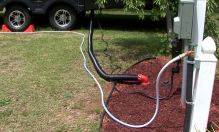
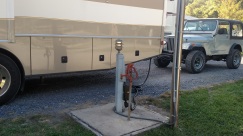
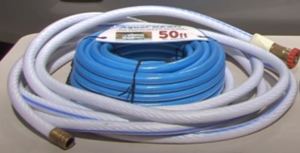
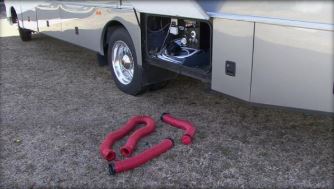
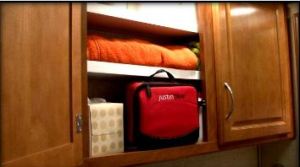
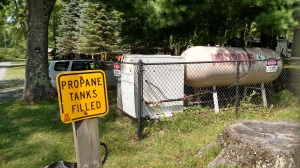
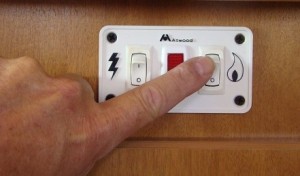
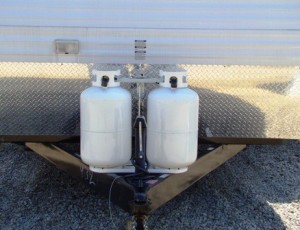
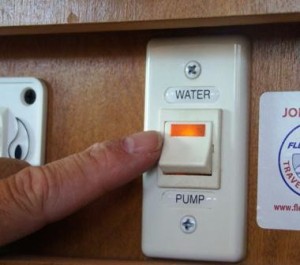
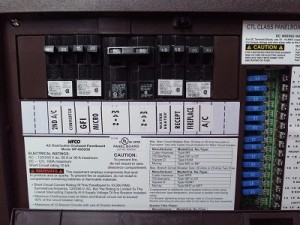
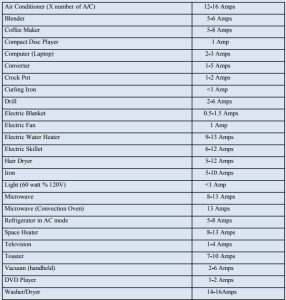
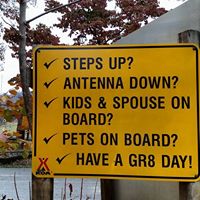









You must be logged in to post a comment.